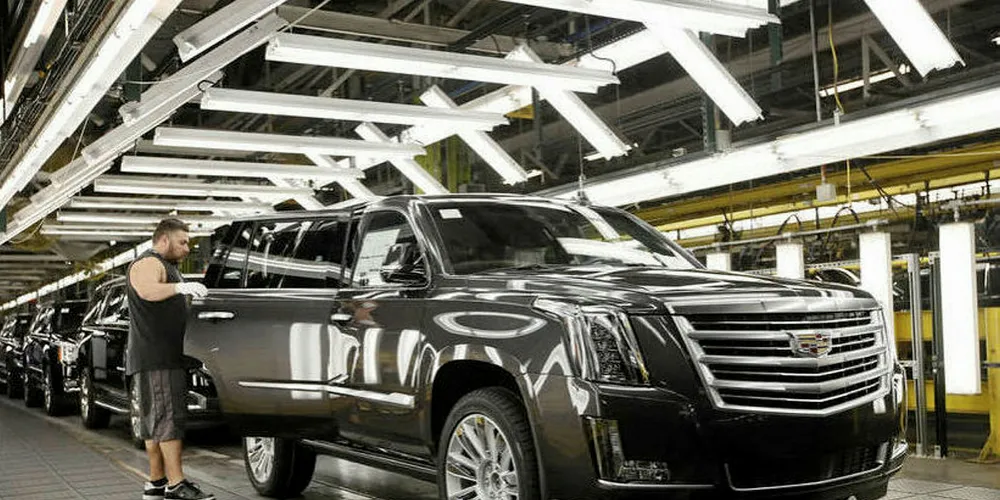Corporate supply chains the next frontier for renewables
Big corporations are moving towards more sustainable business models – and it won't be long before their value chains have to follow, writes Tom Lindberg

Big corporations are moving towards more sustainable business models – and it won't be long before their value chains have to follow, writes Tom Lindberg
